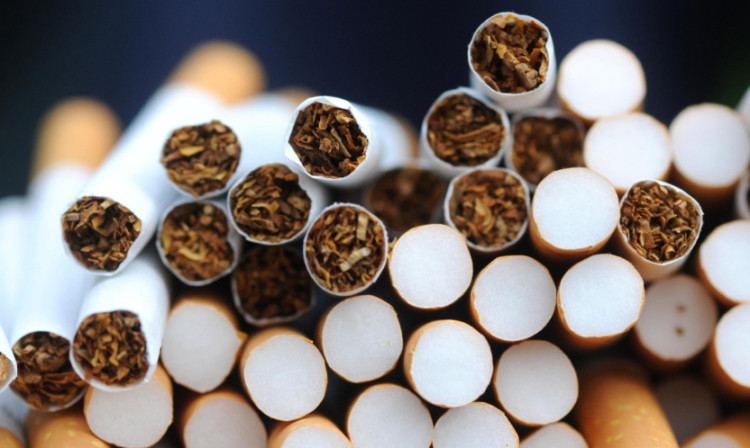A UK study of trade in illicit tobacco found more litter from foreign, faked or illegal cigarettes on Dundee’s streets than in any other Scottish city.
However the research, backed by tobacco giant Philip Morris International, revealed it was much harder to buys suspect cigarettes in Dundee than in a number of English cities.
The industry study of empty packets in easy access bins and on the streets across 105 British towns and cities showed the number of contraband, counterfeit and “illicit whites” was on the rise.
Dundee was found to have the highest concentration of fake and imported cigarettes in Scotland, with incidence rising from 16.2% in 2011 to more than 22% earlier this year.
The city was the only centre in Scotland to be visited by a team, led by former Metropolitan Police detective chief inspector Will O’Reilly, which conducted more in-depth inquiries in shops, pub and clubs, and at car boot sales and street markets.
“We spent a couple of days in Dundee and we found it more difficult to source fake cigarettes than many other places in the UK, perhaps because of recent law enforcement,” Mr O’Reilly said.
“But we did find some places, including a couple of pubs and shops, which did serve us with illicit cigarettes.
“Most of the packs we purchased were of the same brand, which is enough to suggest that these could be being supplied in an organised way.”
Mr O’Reilly said there was a rising trend in supply across the UK, perhaps prompted by the recession.
The trade deprives the exchequer of around £2.6 billion each year, hurts tobacco company revenues and can damage health.
He said analysis of fake cigarettes reckoned to account for around one in every four packets sold had shown they can contain rat droppings, human faeces and burnt tobacco.
